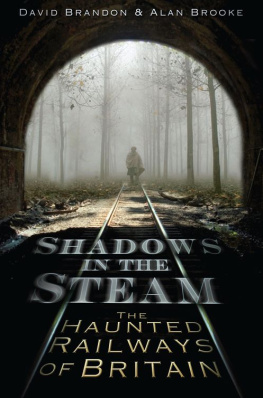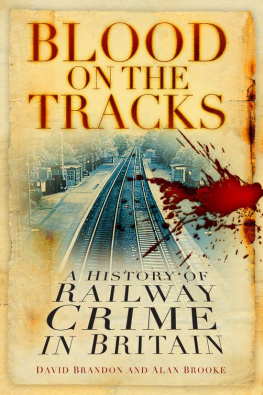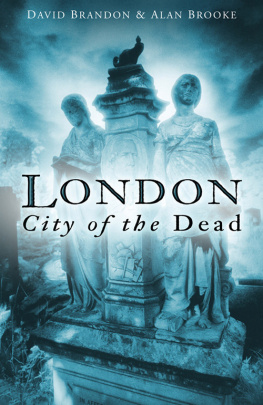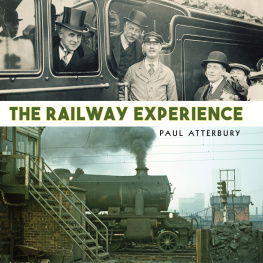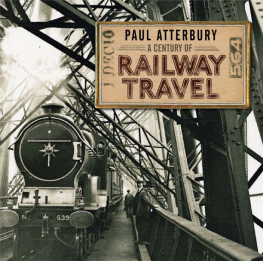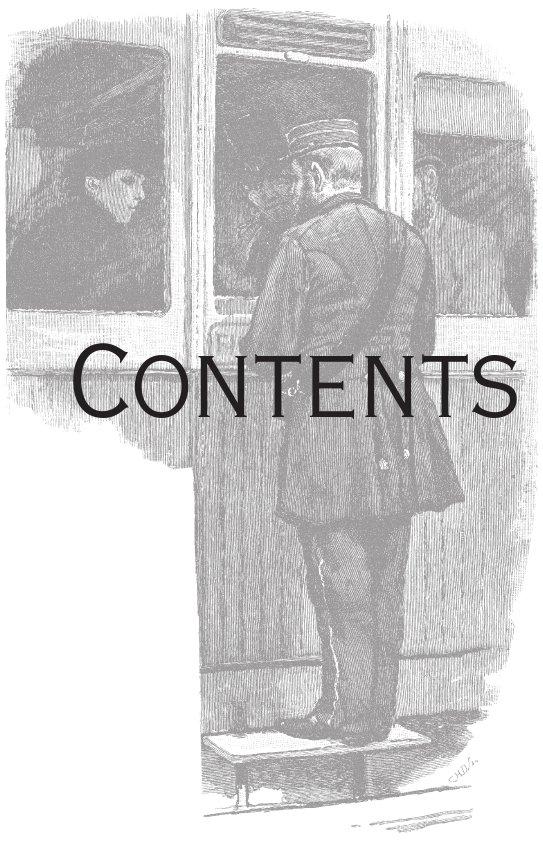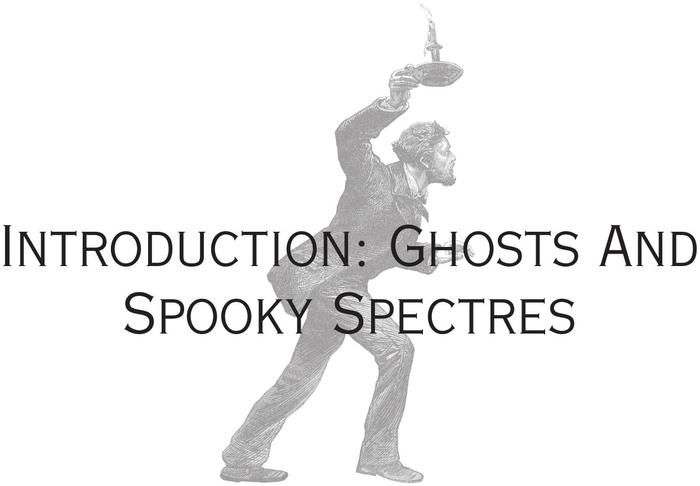Millions of Spiritual Creatures walk the Earth Unseen, both when we wake and when we sleep.
John Milton, Paradise Lost, Book IV
The ultimate mystery of life is what happens to us when we die. Is the vital spark, the soul that makes each of us unique individuals, simply snuffed out to be followed rapidly by the decay of our physical parts? Most of us are uncomfortable with the idea that the world with which we are so familiar continues after we die and, in particular, that it will cope perfectly well without us. How much better to hope or believe that there is indeed an afterlife? Such a possibility is, however, viewed by most of us with a mixture of awe, trepidation and downright fear.
Many of the worlds religions are preoccupied with the question of the continued existence of our souls after physical death. Indeed some religions teach that the earthly life is merely a preparation for the next, and that, when we die, we will have to account to the Deity for what we have done with our lives. Such religions have created elaborate codes of rights and wrongs which we ignore literally at our peril.
Most religions have created destinations for the souls of the departed. In the case of Christianity this is Heaven, the place where the righteous and good go and enjoy an idyllic existence for ever-after, and Hell, a state of perpetual nastiness for those who have devoted themselves to a life of sin. Some Christians believe in a third destination known as Purgatory. This is where souls undertake a process of being tried and tested until a decision is reached as to whether they should be elevated to Heaven or consigned to Hell.
If it is believed that human souls live on after the death of their material parts, it is only a small step to visualise the dead returning to the world of the living under certain circumstances. In many cultures it is thought that the dead yearn to return to the scene of their earthly lives and that they bitterly resent and envy those who they left behind who are still alive. The soul therefore returns, often angry and seeking revenge on someone who it perhaps believed wronged it while it was still alive. If, for example, its life was ended by murder, perhaps it wants to settle the hash of the murderer. There may be all sorts of other reasons why it wants to make its feelings known to the still-living.
On occasions the soul is apparently a trifle confused, but it appears to want to sort out some things that were left unresolved or otherwise unsatisfactory when its owner died. Perhaps it objects to the manner and place of its burial. Equally the soul may return if its physical remains are disturbed or treated with a lack of respect. It may return to provide someone living with a warning concerning their behaviour or perhaps to tell them of an impending disaster. A prime time for a ghostly reappearance in the land of the living is on the anniversary of a persons death. Again, if any of this is to be believed, the ghost sometimes returns out of curiosity, simply to check on how affairs are being conducted in its absence. Some ghosts seem intent on returning to resume the habitual activities they undertook while still alive. Yet others act as if they want to seek atonement for the sins they committed while they were living. When it manifests itself on its return, the soul is said to be a ghost. Manifestations attributed to ghosts have both fascinated and frightened humans since the dawn of mankind.
There are many ways in which ghosts make themselves known. They may be seen or heard, although more often people claim that they have sensed their activity or presence rather than anything more tangible. Perhaps they have smelt the stench of bodily corruption or experienced a sudden and literally chilling fall in the temperature around them. Unexplained footfalls; items removed or rearranged without apparent human agency; disembodied sighs, cries and groans; things that go bump in the night. Some people claim to have caught images of paranormal entities or activity on film, but the authenticity of such images is often disputed.
All these and a host of other unexplained phenomena feature in the continuous flow of reports made by people who claim to have had encounters with ghosts or other supernatural phenomena. Many of these people are not naturally suggestible, are not attention-seekers and may even be positively stolid and unimaginative. Some were frankly sceptical about anything to do with the paranormal before they had such an experience. In most circles a person talking about seeing ghosts is likely to invite ridicule. Being the butt of mockery makes most people feel uncomfortable. For this reason it is likely that many unexplained phenomena go unreported and therefore unpublicised.
Some of the following stories are of what might be called serial hauntings, where apparently the same ghostly activity is repeated in or around the same place. Other activities seem to be more of a one-off. Perhaps the ghost has completed the purpose for which it came back and, having no further business in the everyday world, returned whence it came. No one has ever been able to give a fully satisfactory explanation of why ghosts can apparently make their presence known to some people but not to others in the same place and at the same time. The ghosts may not even be the returning spirits of humans. Ghostly phenomena associated with cats, dogs and horses, for example, have also been reported.
Childrens fictional stories may have ghosts covered in white sheets, rattling chains and emitting screeching noises. In adult fiction the ghosts are generally more subdued or understated. In the works of that doyen of ghost story writers, M.R. James, the ghosts are little more than hints or suggestions. In spite of being so understated, they are capable of being extraordinarily menacing and malevolent. Truly the icy finger tracing out the spine.
Ghostly phenomena continue to exert a perennial interest even in a modern world dominated by the apparent rationalities of science and technology and a largely secular world deeply imbued with scepticism and cynicism. Each year priests carry out innumerable exorcisms in all seriousness intended to bring peace to the living and repose to the spirits of the dead.
Something atavistic, a vestigial sixth sense, can cause the hair to rise on the back of the neck at certain times and in certain places. Frissons of unease developing into fear may cause a rash of goose pimples for reasons we simply cannot explain. While we do not really like being spooked in real life, we love scary stories and most of us enjoy being comfortably scared. Ghosts are big business. Fictional ghost stories, ghost walks, films and documentaries about the paranormal have never been more popular. Spiritualism and psychic research are going strong and still trying to obtain the incontrovertible evidence that will sink the sceptics once and for all. Ghosts remain as much a part of popular culture as they were in the Middle Ages.
Do ghosts exist? If so, what are they? Do they have any objective existence or are they simply the product of superstitious minds, personal suggestibility or overheated imaginations? If we accept the claims of serious people that they have had experiences of a paranormal kind, what was it that they actually saw, heard or otherwise sensed? Isnt there a commonsense or perfectly mundane explanation for most or all of these phenomena? Even if we do not wish to probe too deeply into these questions, most of us can still appreciate a spooky story or movie or can keenly anticipate jumping out of our skins at the appropriate moment on a ghost walk. They are part of the rich and fascinating tapestry of fact, folklore, myth and legend. There are even serious academic studies written on the subject, such as the very readable

